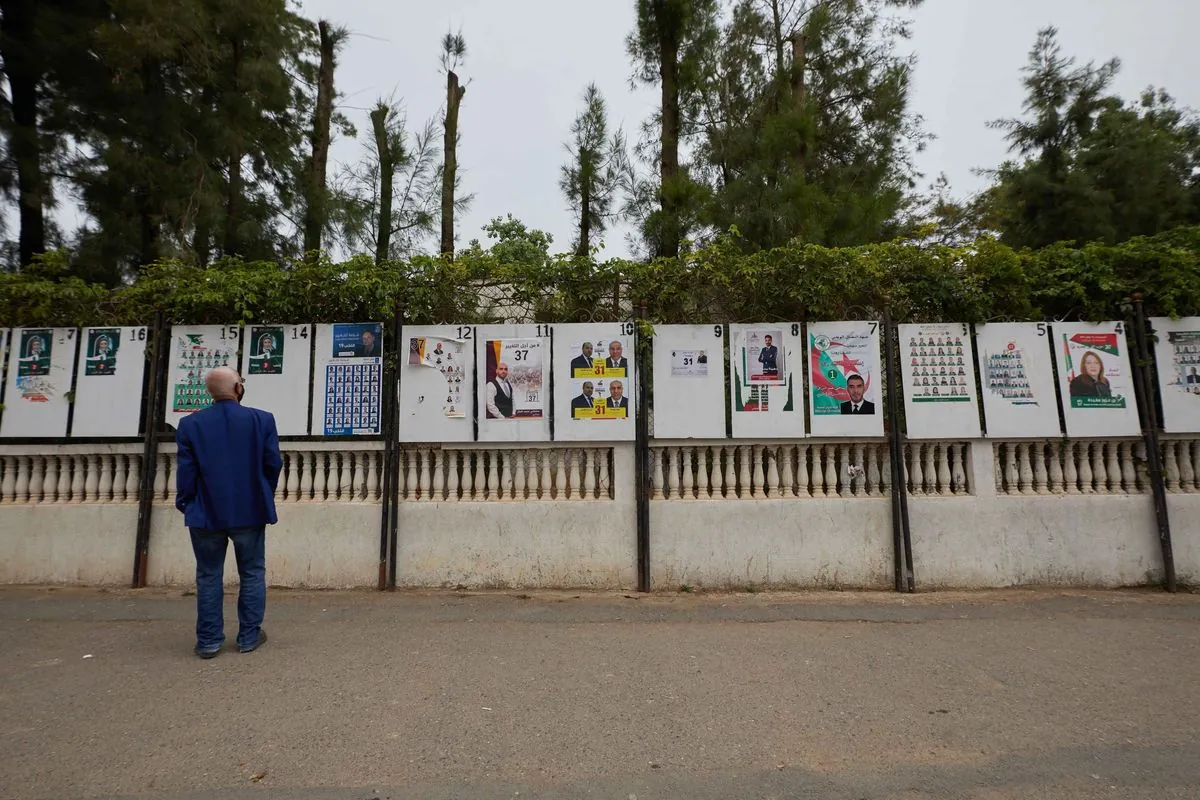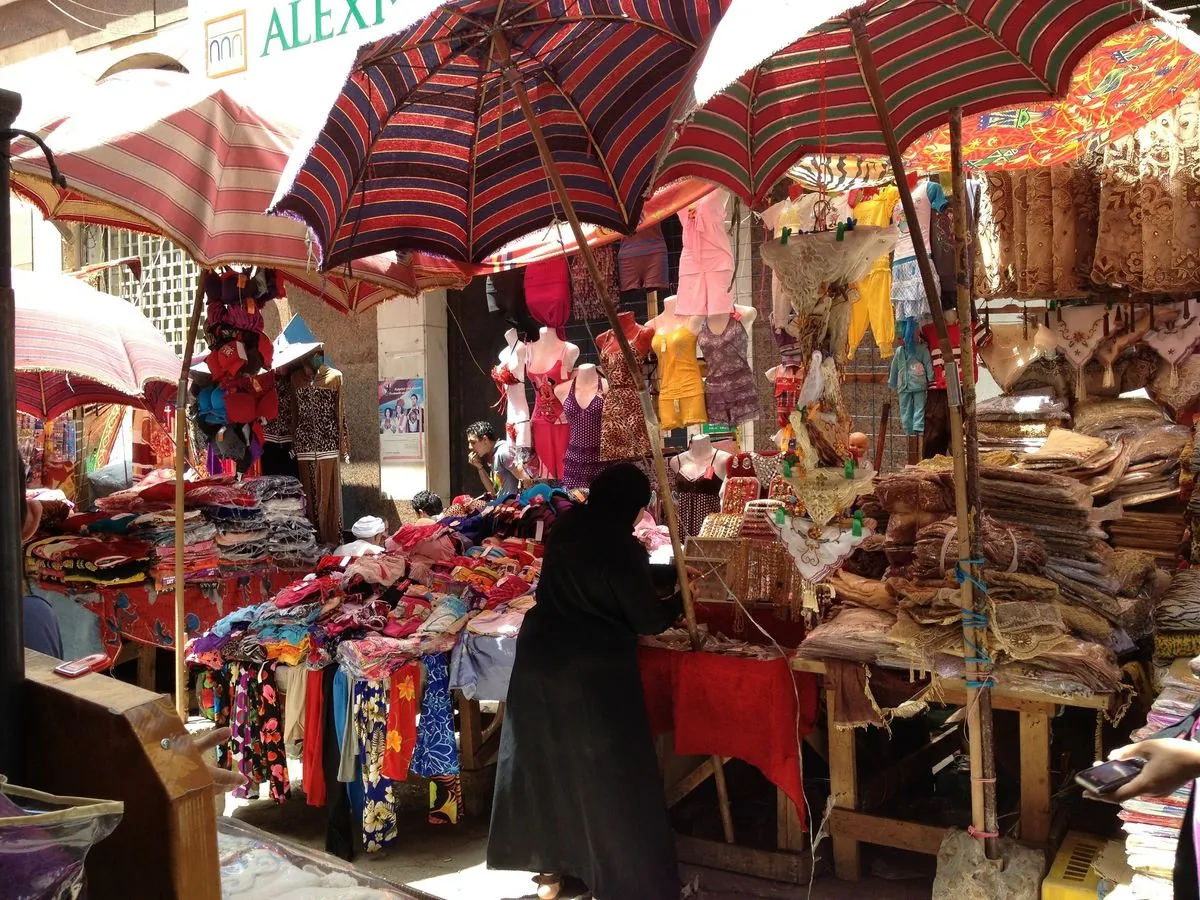Algeria's Presidential Election: Low Enthusiasm Amid Economic Woes
Algeria prepares for a presidential election marked by low public interest and economic concerns. Incumbent President Tebboune is expected to win easily, while opposition faces challenges and repression.

As Algeria, the largest country in Africa, approaches its presidential election this weekend, the atmosphere is notably subdued. The nation, known for its vast Sahara Desert covering over 80% of its territory, is experiencing a stark contrast to the vibrant pro-democracy movement of April 2019.
In the streets of Algiers and other cities along Algeria's 1,600 km Mediterranean coastline, billboards stand empty, and campaign posters are scarce. This lack of visible political engagement reflects a broader sense of apathy among the populace of this oil and gas-rich nation.
Abdelmadjid Tebboune, the 78-year-old incumbent president backed by the military, is widely expected to secure a second term. The election authority has approved only two challengers: Abdelaali Hassani Cherif, a 57-year-old Islamist, and Youcef Aouchiche, a 41-year-old socialist and former journalist.

For many Algerians, economic concerns overshadow political interest. The country, a member of OPEC with an economy heavily dependent on hydrocarbon exports, is grappling with prolonged inflation. Citizens are more preoccupied with the rising costs of everyday items like school supplies, potatoes, and coffee.
"How can you expect Algerians to have any interest in the elections when life is hell on a daily basis?"
This sentiment echoes throughout the nation, where the median age is 28.5 years and youth unemployment hovers around 30%. Despite Algeria's rich history dating back to ancient times, including Phoenician, Roman, and Ottoman influences, the current political climate fails to inspire the younger generation.
The election stands in stark contrast to the hopes of the Hirak movement in 2019, which called for broad, structural changes to Algeria's military-dominated political system. Since then, the government has banned protests and continued to face allegations of repressing dissent.
Recent events highlight these concerns. Last month, dozens were arrested on election fraud charges. Karim Tabbou, a leading figure in the Hirak movement, was reportedly taken by police and told not to express views on the elections. Similarly, Fethi Ghares of the now-banned Democratic and Social Movement was arrested and placed under judicial supervision.
Despite these challenges, President Tebboune has been campaigning across the country, emphasizing his efforts to raise wages, increase pension benefits, and offer opportunities to young people, such as interest-free loans for start-ups. However, with a political system described as a semi-presidential republic and one of the largest military budgets in Africa, the country continues to navigate complex political waters.
As the election approaches, the government's primary concern appears to be voter turnout. In a nation of 45 million, with 23 million registered voters, officials hope to improve upon the 14% turnout of the 2019 elections. The outcome of this election will likely shape Algeria's path forward, balancing its diverse cultural influences from Arab, Berber, and French traditions with the pressing need for economic and political reforms.


































